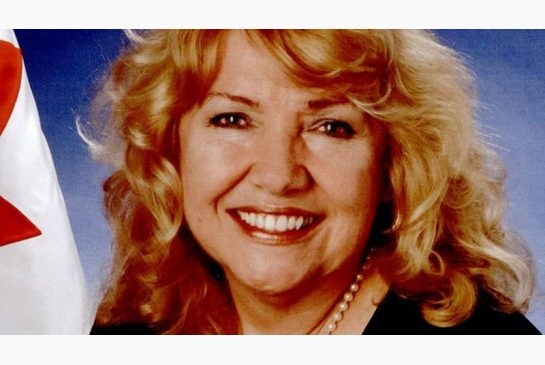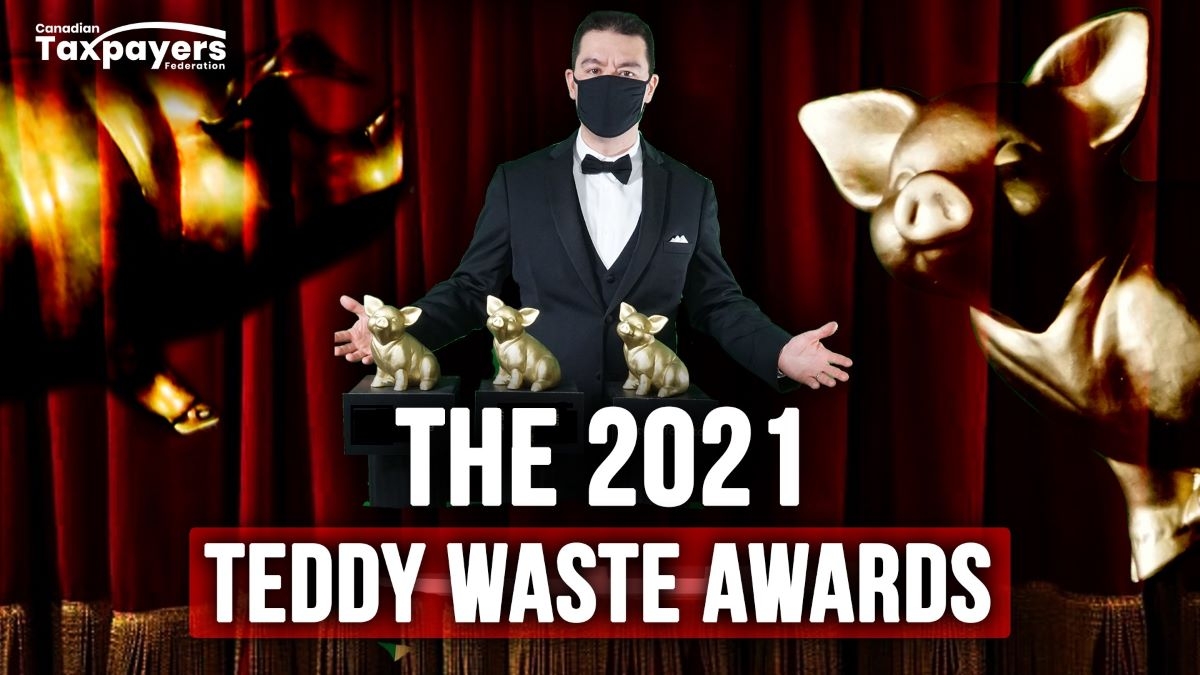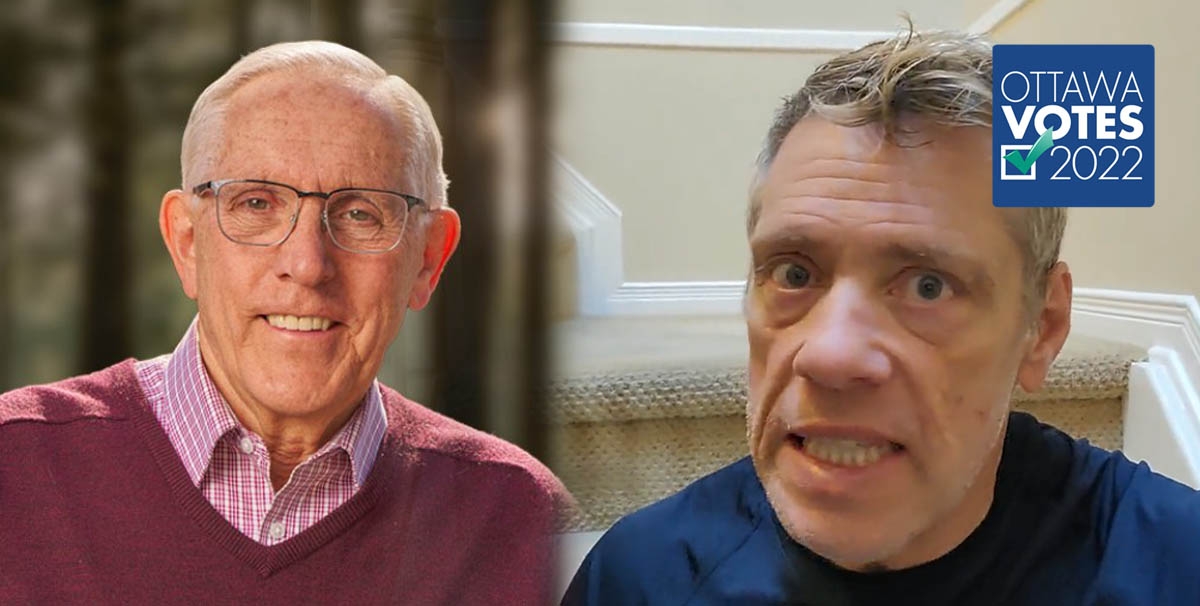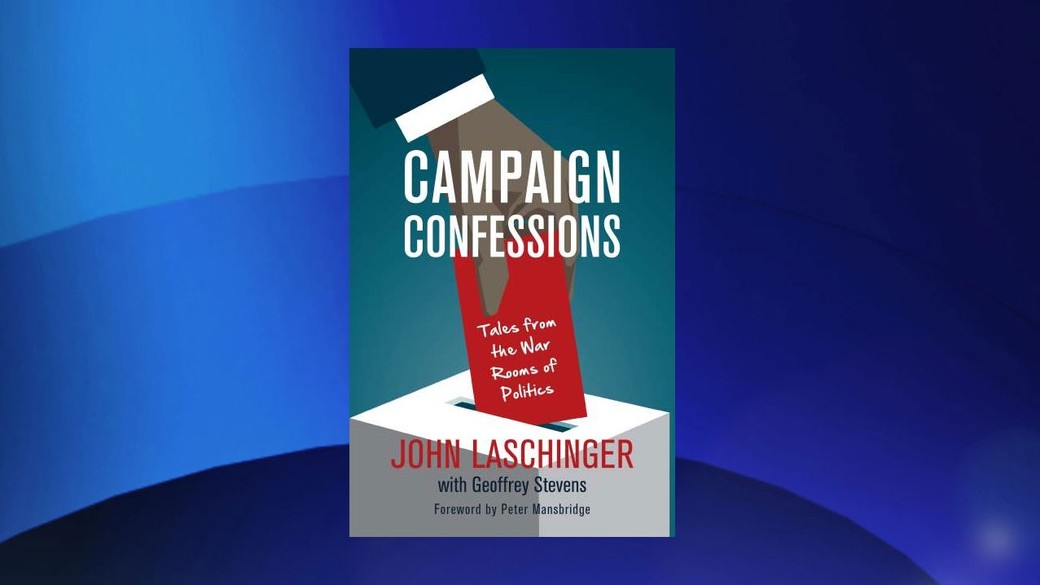
Beyak’s Anti-Native Comments Shock in Many Ways
Lynn Beyak is not someone who would usually make much of an impression on the public world, with her background in real estate, insurance, and selling cars. But in 2013 the Prime Minister Stephen Harper appointed her to the Senate, where she remained fairly anonymous. Until, that is, her appalling comments back in September about First Nations people came to light. She first defended "well-intentioned" teachers at residential schools, then wrote that indigenous people should lose their status cards, become Canadian citizens, and promote their culture "on their own dime, on their own time."
The ahistorical and crude nature of all this is beyond dispute. What did shock many people is how long it took for Tory leader Andrew Scheer to comment on and condemn what Beyak had said. He eventually did distance the party from her views and removed her from all Senate committees but the image of pulling teeth comes to mind.
As it does when we recall how difficult it was to have the leader of the opposition ostracize Rebel Media, long after most responsible people – including conservatives – had made their disgust at Ezra Levant’s media outfit well-known.
Many commentators have been stunned by what they see as Andrew Scheer’s dithering and incompetence but this may well be getting it all terribly wrong. The Tory leader could be showing that he is one of the more skilled politicians of recent times. Because as much as most of us may be disgusted by the Rebel and find Lynn Beyak to be an embarrassment, this country is not unanimous in its views and opinions.
The degree of anti-native feeling among Conservative voters is far greater than we think. It’s not blatantly racist, not some hatred of people simply for their ethnicity, but a raw populism that dismisses injustice as being purely historical and irrelevant, and sees any form of financial compensation or monetary support as unfair and anti-white. Beyak spoke the way she did because it’s precisely what she thinks, and while Andrew Scheer may well have a more sophisticated understanding of the cultural genocide that took place in this country, he appreciates the enormous resonance this cruel nonsense has with those who voted him into leadership.
Similarly with The Rebel. I remember lunching with Chris Alexander at the University of Toronto the day before he left for Alberta to speak to a Rebel-organized rally – the one where the crowd chanted, “lock her up” about Rachel Notley. This was when he was running to be Conservative Party leader. Whatever one thinks of Alexander’s politics, the former minister is a highly intelligent and experienced man. I advised him not to do, and asked why he would attend a gathering of angry extremists. “I have no option”, he said. ”Not if I want to win.”
Scheer delayed his criticism of The Rebel for as long as possible because he likely hoped the controversy would evaporate and he could continue his relationship. People who support the Rebel vote Tory, and are activists at that. They are Scheer’s people, his constituency, his voters.
But here’s the political dichotomy that’s at play. If the Conservatives are to win the next election that have to mobilize a potentially large constituency that feels that Justin Trudeau, what they see as “special interest” groups, the mainstream media, intrusive government, and an Ottawa and Toronto-based elite has stolen the authentic Canadian voice. The plan for Scheer’s victory is the politicization of the Don Cherry phenomenon: the good old boy reactionary types who escapes harsher descriptions because they laugh a lot and speak fondly of small towns, hockey, and old Canadian values.
Scratch away at the surface, however, and you’ll find view of foreigners, natives, gays, and liberals who defend abortion rights that are eerily similar to those of thepeople who projected Donald Trump to power. But be warned. Complacency is always a very bad quality in politics.









